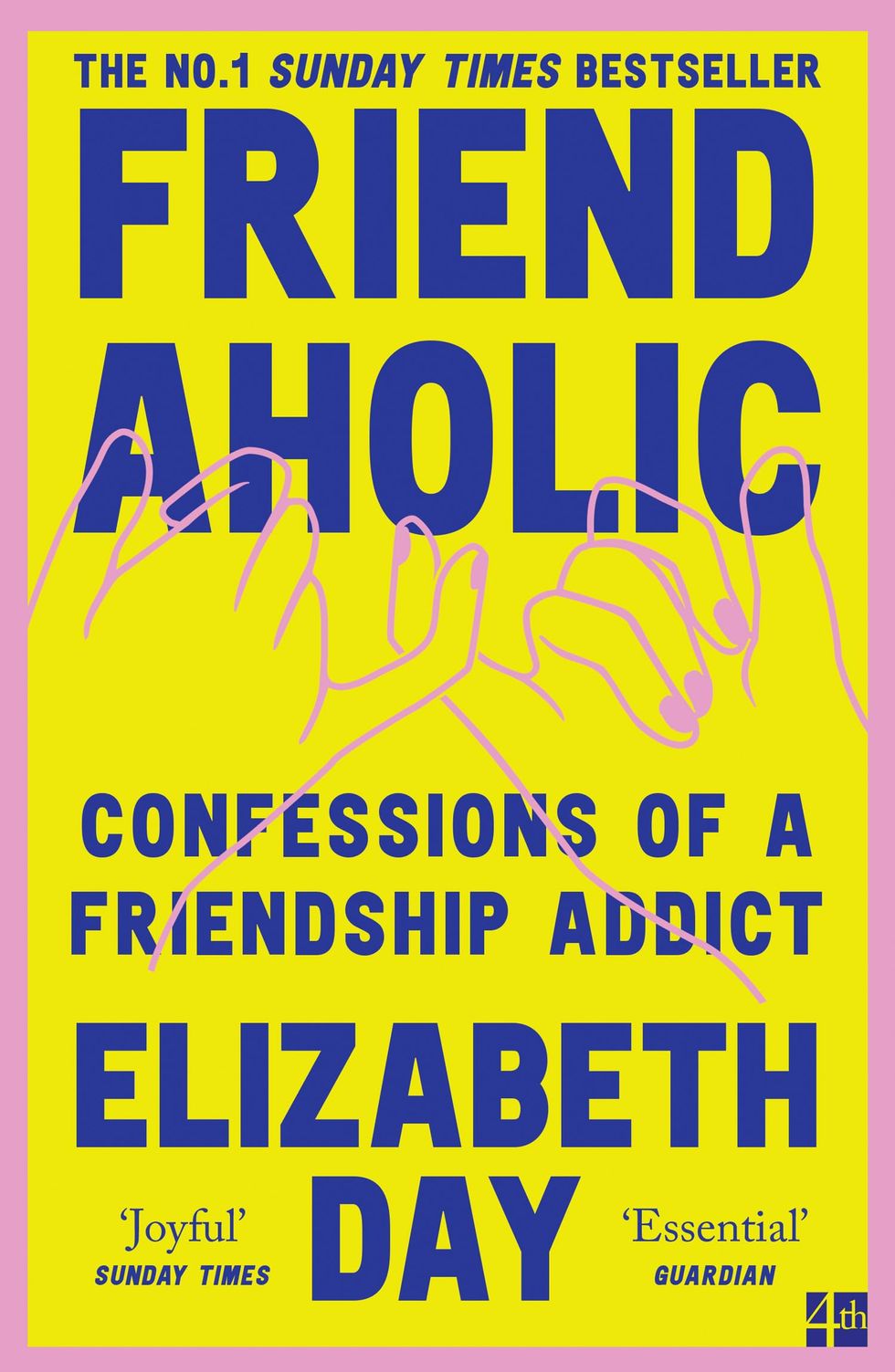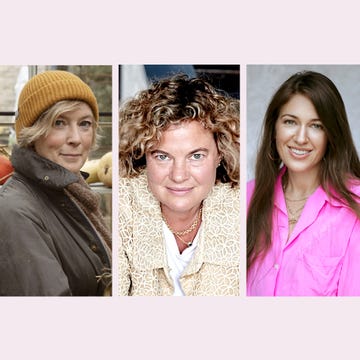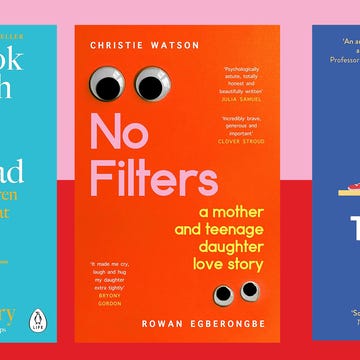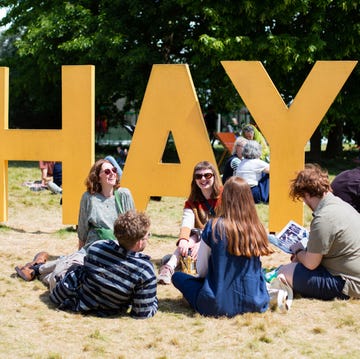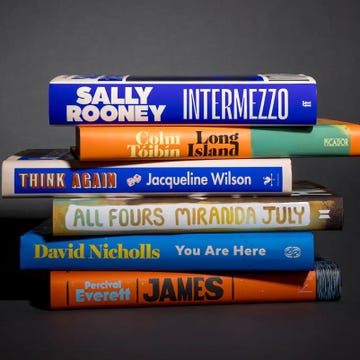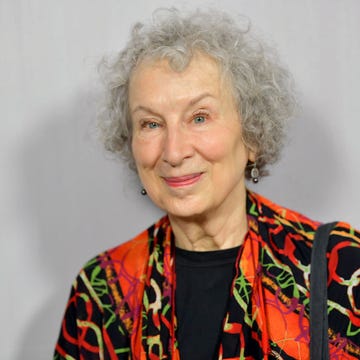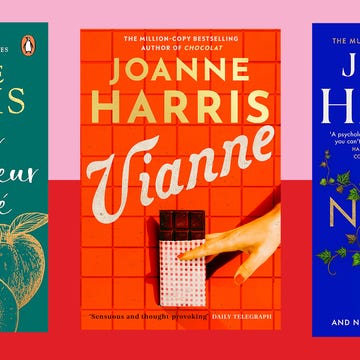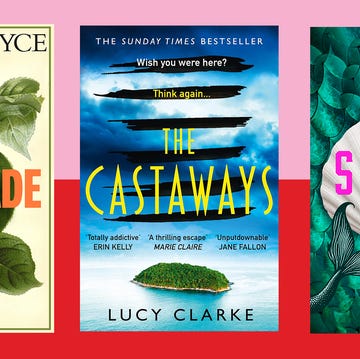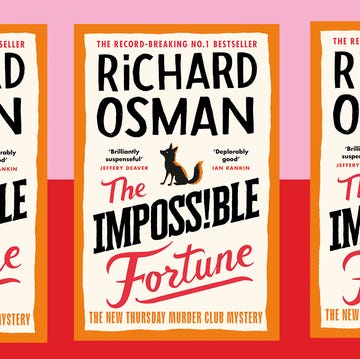Elizabeth Day, bestselling author, podcast host and co-host of Sky Arts Book Club Live, is known for her clear-sighted advice. Thanks to her podcast How To Fail, she’s spent hours talking to leaders in their fields about their failures and what they’ve learned from them. Also drawing from her own life experiences – divorce, fertility issues, career knock-backs – she’s distilled all this wisdom into several bestselling books. Each is full of gems, as is her fiction, but we've picked our favourite piece of advice from each.
How To Fail
Inspired by her podcast of the same name, Day’s book is an exploration of failure as a concept as well as a memoir of all the things that haven’t gone right in her own life. Comforting, uplifting and filled with wisdom that we could all benefit from, this book is a true gem.
Life lesson: ‘If you can remove your ego from a process, then there really isn’t any difference between success and failure. They’re just both parts of a process.’
Failosophy: A Handbook For When Things Go Wrong
Day’s follow-up to her bestselling book How To Fail is a more practical guide, in which she shares the seven principles she’s learned from all the conversations she’s had with guests on her podcast, and from her own life. This is a book to keep at your bedside, ready to dip into when you need it.
Life lesson: ‘When you destigmatise failure, it loses its power to harm you. Most failures can teach us something meaningful about ourselves if we choose to listen.’
Failosophy For Teens
Aimed at the over-12s, this illustrated book of advice is practical, kind and reassuring.
Life lesson: ‘If we don’t live our best lives for ourselves, we start to judge ourselves through other people’s eyes, becoming people-pleasers.’
Friendaholic: Confessions Of A Friendship Addict
In her latest non-fiction book, Day turns her attention to friendship. She wrote the book after realising she’d become addicted to friendships, to the point where she was making herself unwell trying to maintain them. For the book, she spoke to experts and looked at the research there is on the subject to examine what it means to be a good friend.
Life lesson: ‘A healthy friendship involves reciprocal stretching to accommodate each other’s shifting needs.’
The Party
Class, compulsion and culpability are explored in this propulsive thriller, which tells the story of two friends – wealthy Ben and his best friend Martin — who meet when Martin wins a scholarship to attend Ben’s public school. Years later, their strained relationship comes to a dramatic climax at Ben’s 40th birthday party.
Life lesson: ‘We are so desperate to think ourselves empathetic these days, as if the exercise of tears is proof of our elevated humanity. In truth, our over-emoting is a selfish endeavour. We cry because we want to be seen to cry.’
Magpie
Jake and Marisa’s newly-in-love bubble is burst when lodger Kate moves in and seems to take an unhealthy interest in their relationship. A clever psychological drama about fertility, rivalry and betrayal – with a genius twist that genuinely left me reeling.
Life lesson: ‘She had mistaken the bubbles of anxiety in her stomach for a simmering romantic passion, wrongly believing that love felt unsettled, like a half-packed suitcase awaiting a trip that never comes.’




